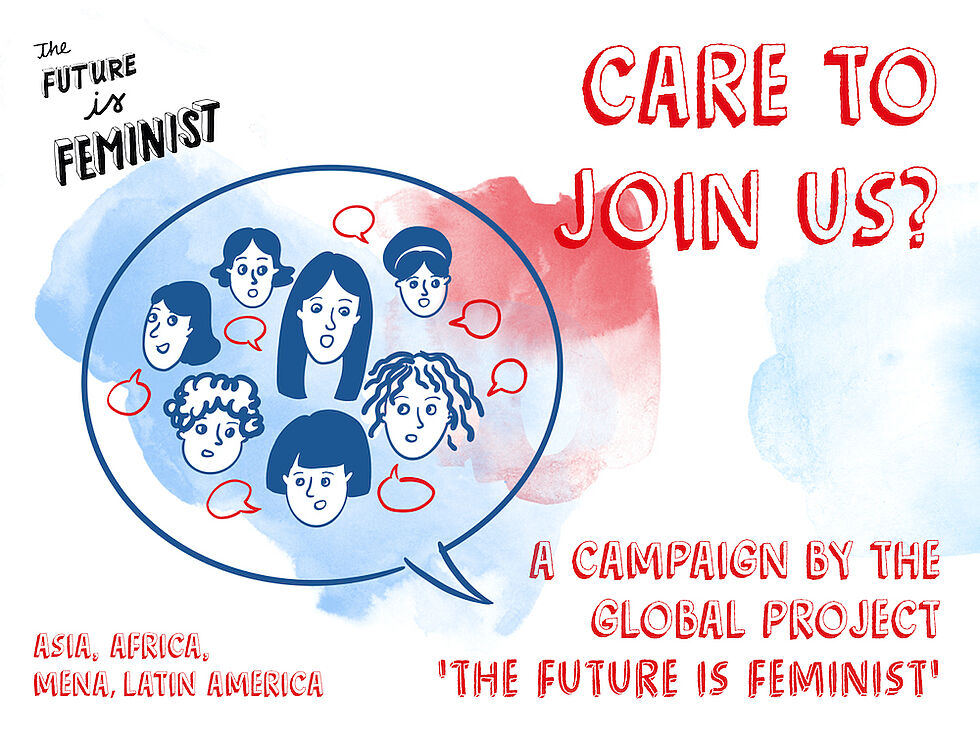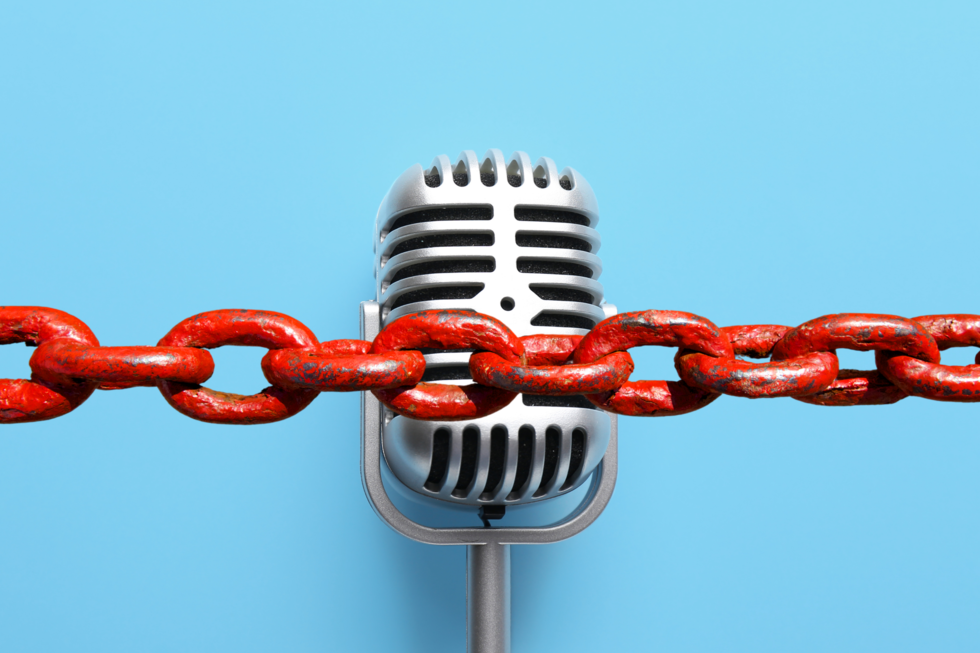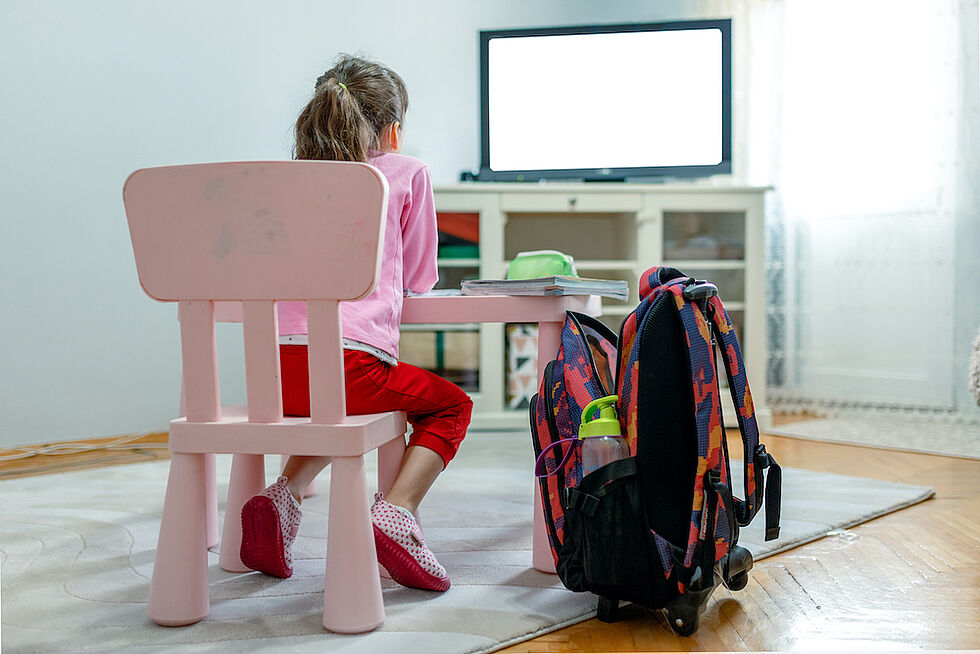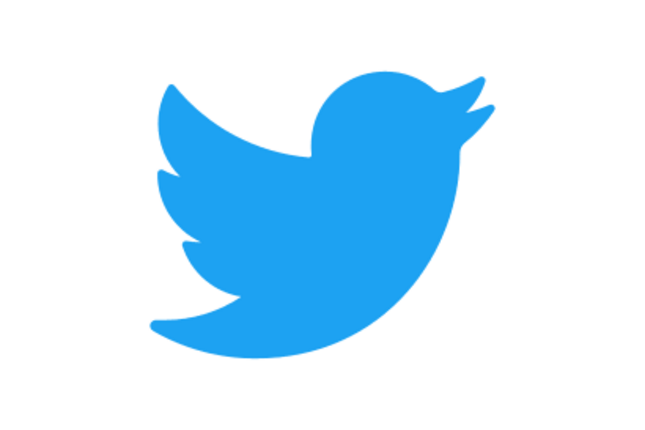Consequences of the crisis
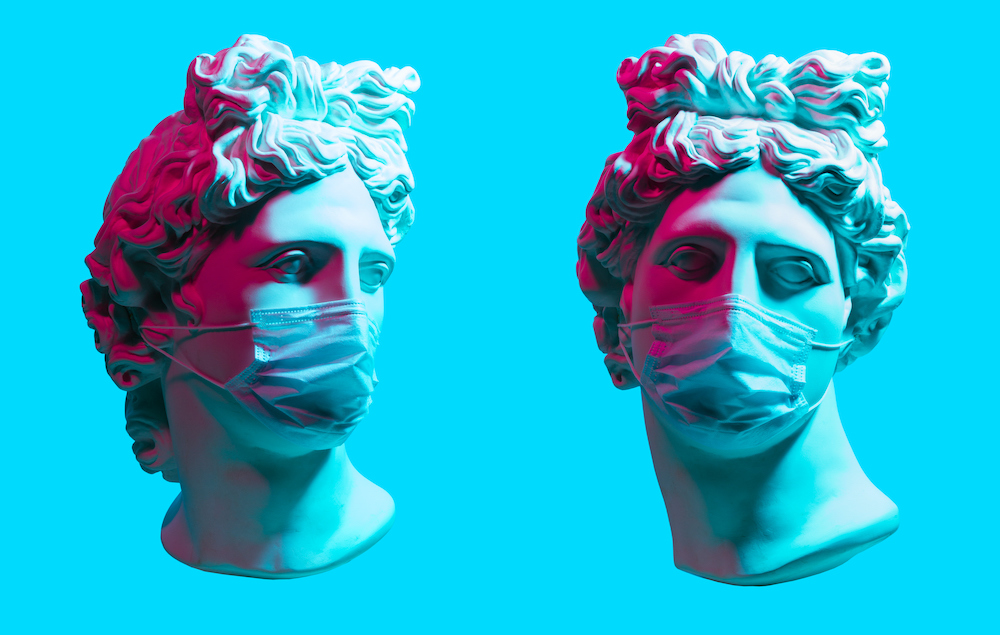
I. Do you know that feeling when you hold your breath? First, you hardly notice anything. But then a feeling of unease starts to come over you. And at some point, a feeling of suffocation starts welling up in your chest. The world has been holding its breath for quite some time now. There is still enough air. But that suffocating feeling is getting stronger.
Many questions are being asked: Who will be the ultimate losers in the crisis, who will be the winners? How is the geopolitical balance shifting? And last but not least: How is corona changing our own society?
In any case, one thing is for sure: Corona is not only a challenge for health policy or economic policy, but above all a socio-political challenge. We therefore need to discuss the truths that the virus has brought to the surface and the consequences we should draw from them. So what is the patient's condition? Let's start with its medical history.
Here is the first finding: It is a fallacy to believe that a virus makes no distinction between rich and poor, weak and strong. On the contrary, it is precisely the weakest who are hit hardest: the single mother who can no longer work due to the closure of the schools; the nurse who risks his health for a pittance wage; or the freelance artist who trundles from venue to venue. How wonderful it is that we are now more aware of what important work these people are performing. But this recognition will not get them very far if we continue to behave like we did before the crisis.
The second finding is: The crisis is fueling even more nationalist and populist sentiment than was already there before. Nation-states are outbidding each other in a scramble to procure personal protective equipment. Mutual finger-pointing is turning international cooperation into a toxic equation. Xenophobia and racism are thriving in the search for scapegoats. In Europe, too, wounds that we long thought to have healed have been reopened.
The third finding: A pandemic is an ideal breeding ground for disinformation and conspiracy theories. We know this from history, but unfortunately, we are witnessing it again at present. Now politicians and even scientists are even receiving death threats because they defend scientific findings in public – this is all more than just a warning signal.
II. None of these symptoms are new. The corona crisis has only reinforced already existing developments and tendencies. As if under a magnifying glass, it bares the paradox of our time for all to see: the simultaneity of the non-simultaneous. Globalisation and digitisation have caused geographical borders to fade. Events taking place on the other side of the world have an immediate impact on us. People are more mobile than ever before. And yet we have been witnessing a resurgence of nationalism for some time now. The multilateral world order based on rules and mutual arrangements is being called into question. States are sealing themselves off. Walls and fences are being erected.
Corona has given this paradox a particularly tangible form. Never before has there been such an intense focus on developments in other countries and regions. We felt the suffering of Italians and Spaniards and beheld events in New York horror-struck. Every morning we waited in trepidation for the latest global infection figures. We saw with our own eyes that a virus knows no borders and no nationality. We know that we can only get a grip on this challenge if we defeat the virus worldwide. And yet corona has even reinforced nationalistic tendencies: borders have been closed, the USA is threatening to leave the WHO, the international community cannot agree on a common strategy.
III. This diagnosis is not particularly pleasant or agreeable. But the good news is that we have it in our own hands to decide how to deal with this crisis. We just have to draw the right conclusions and set a new course. Then we can emerge from it stronger. So what is the right therapy?
In domestic policy: fair pay for people in social occupations, more investment in education, digitisation and future technologies, and all this while bolstering social cohesion and democracy. Countries with a strong social safety net, a health system based on solidarity, a vibrant civil society and strong parliaments are better able to cope with crises. They are more resilient.
In foreign policy we must defend the multilateral, rule-based world order against growing obstinacy and resistance and further strengthen the network of human, cultural and scientific relations. Human relations are the best way to counter the tide of nationalism. Foreign policy is more than just relationships between countries. People working together and cooperating fosters and forges trust and confidence. And that is the foundation for international cooperation.
Foreign cultural and education policy plays a pivotal role in this regard. That is why I am convinced that it is precisely at this juncture in time that we need to act to strengthen and reorient it to a certain extent. I hold three fields of action to be particularly important:
- Expanding structures and networks. For a long time now, foreign cultural and educational policy has no longer meant exporting our culture to the world, but creating networks and working together to meet the global challenges of our times. We have a dense network of cultural organisations to this end. These are a neuron network encompassing our foreign relations and the interfaces between Germany and the world. The corona crisis has confronted our cultural organisations with enormous problems. It was necessary and right that we supported them in this situation. Now the task before us is to further expand this network. Corona has demonstrated that digitisation offers many opportunities in this regard. It can be a catalyst for democratisation, participation, mobilisation and exchange. At the same time, however, we must also grapple with the downside of digital space more resolutely. False information and manipulation pose a threat to our society, but also to the stability of the international system. We therefore need common international guidelines on how we should address these menaces and how they should be sanctioned.
- Strengthening scientific diplomacy. Corona is not the end of development. Climate change, demographic growth of the world population and the fight against new pathogens will continue to pose enormous challenges to mankind in the Anthropocene Age. It is only as a global community that we will be able to master these challenges. Science has an important role to play in it all, because successful policies need an underpinning based on facts and evidence. We must therefore first of all intensify the dialogue between politics and science and secondly expand our international scientific cooperation. This calls for more fellowship and scholarship programs, especially with regard to our cooperation with Africa. The international system of scientific institutions has to be strengthened. And we must work to ensure respect for the freedom of scientific and scholarly work. Science also plays a crucial role in combating disinformation.
- Creating a European public and cultural space. Corona has shown us that despite a largely integrated internal market, we are still far from attaining a European public and cultural sphere. Our goal must be to develop a common European understanding with each other - and for each other; to understand what is happening in other European countries, what people there are thinking, feeling and experiencing there. To this end, we need to strengthen and breathe new life into existing networks like town twinnings. And we should create new spaces for the European public, especially in the digital realm. We need a European network culture in which citizens, network players and the art scene can exchange ideas with one another. For Germany, which assumes Presidency of the EU Council on 1 July, all this constitutes a major challenge, but also an opportunity to take the lead and initiate projects. There is plenty to do, and not only since corona.
IV. We did not ask for this crisis, but we can decide for ourselves how to surmount it. The best approach is together, acting in solidarity and democratically. The instruments for this are already available: more investment in social cohesion, more international cooperation in science and research, an expansion of cooperation between our cultural mediating organisations and the creation of a genuine European public and cultural space. Churchill supposedly once said: "Never let a good crisis go to waste". Although it is difficult to find a silver lining in this pandemic, there is perhaps a kernel of wisdom to be gleaned: If we do not learn from our experience with corona now, if we do not get it that humanity can only solve global problems together, we might find ourselves without any air to breathe when the next crisis rolls around.
About the author

Michelle Müntefering is Minister of State for International Cultural Policy at the Federal Foreign Office. Previously, she was a member of the Committee on Culture and Media and spokeswoman of the SPD Parliamentary Group for Culture and Media.
This article was written in May 2020. The US has since notified the United Nations of their withdrawal from the World Health Organization. It was originally published in German in Echoräume des Schocks (Echo Chambers of the Shock), an anthology of 25 stories written by cultural workers and creatives from across Germany.
About FES Connect
Connecting people, in the spirit of social democracy, we source and share content in English from the German and international network of the Friedrich-Ebert-Stiftung.
